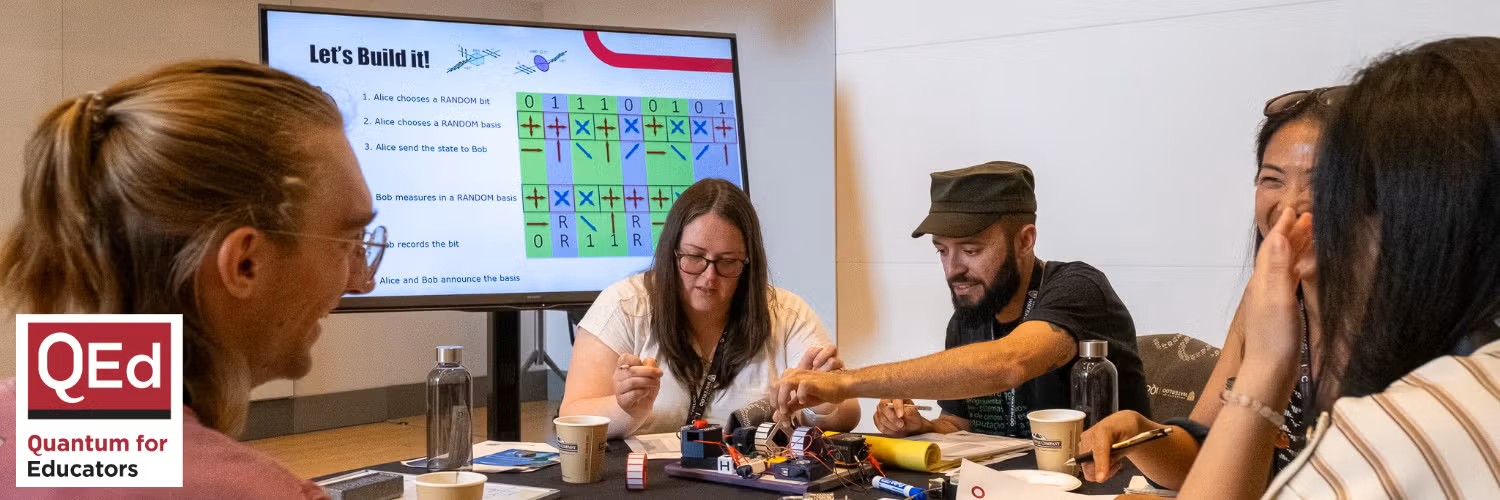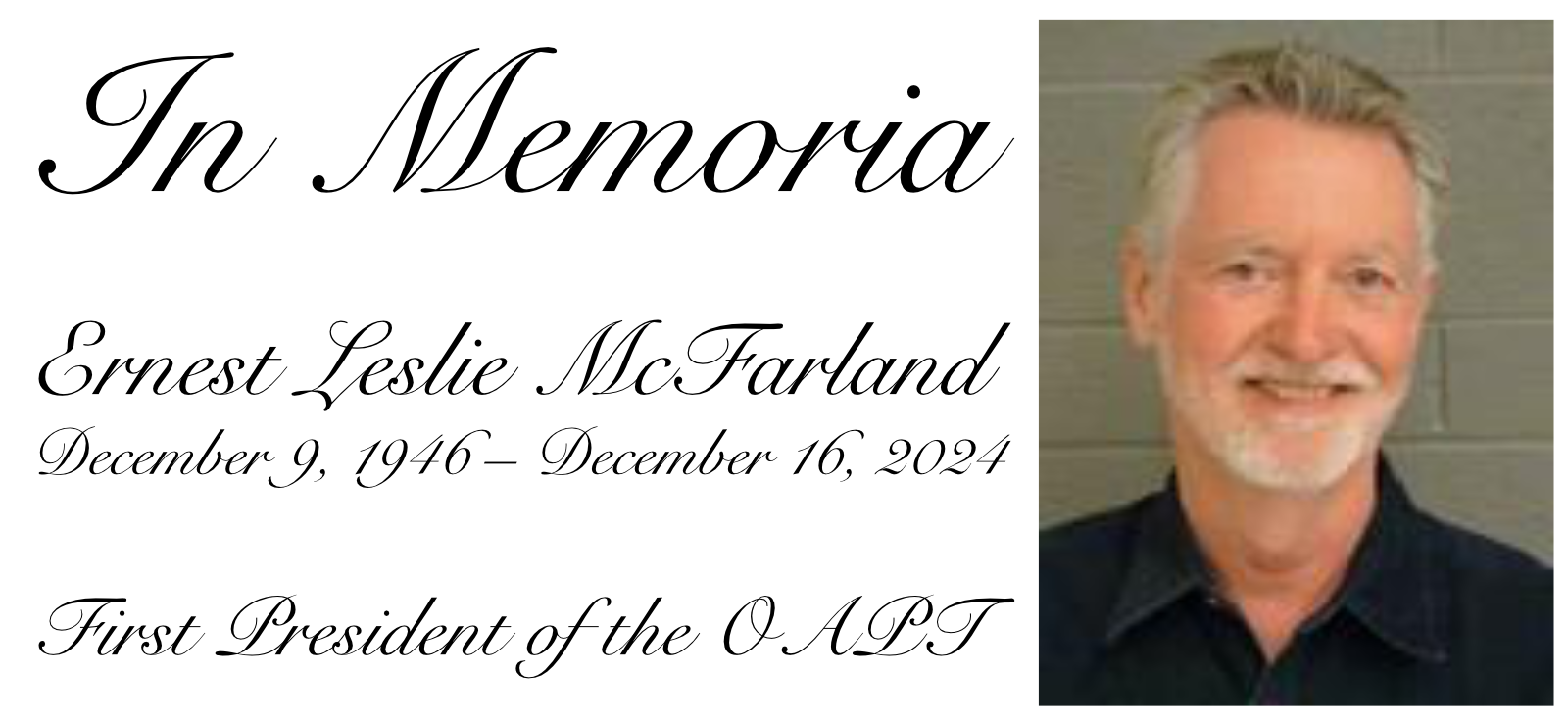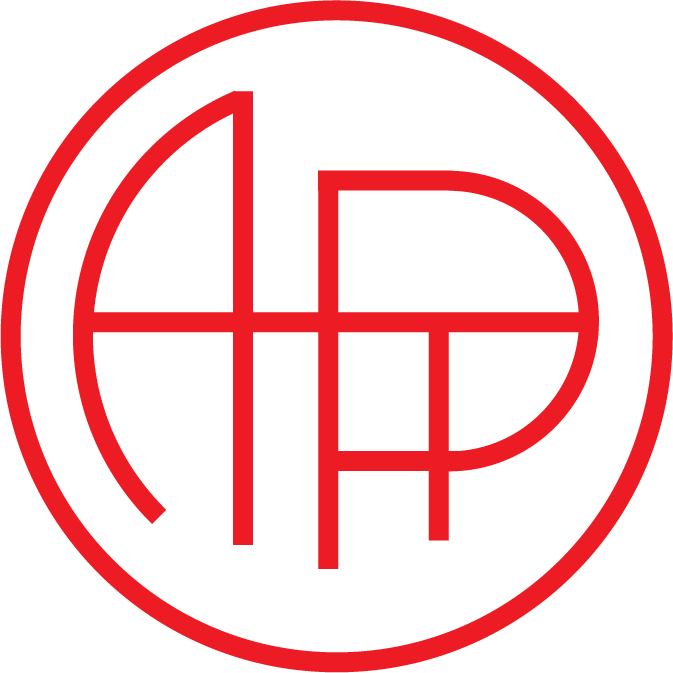October 05, 2025 Filed in:
ArticlesJohn Caranci, CTL Lecturer Ontario Institute for Studies in Education
john.caranci@utoronto.ca
In 1964, Marshall McLuhan, a University of Toronto English professor and media theorist, wrote a book titled
Understanding Media: The Extensions of Man, where he predicted the internet and social media. Paraphrasing: the instantaneous world of electric informational media involves all of us, all at once. It is a brand-new world, … the global village is as wide as the planet, yet as small as a little town where everybody is maliciously engaged in everybody else's business, and in which you have extreme concern with everybody else's business (McLuhan, 1964). This was thirty years before the smart phone and the internet became commonplace, even longer for social media and Artificial Intelligence; all predicted by McLuhan.
Over the last few years there has been a change in electronic information media, the new medium of Artificial Intelligence. McLuhan defined a “medium” as an extension of us through technology where it shapes perception and understanding. So, Artificial Intelligence fits the definition. Other examples are language, novels, newspapers, television, the light bulb, cars and movies. His idea is that a medium, not the content, shapes society and human consciousness. The medium of artificial intelligence, it is said, will shape and reshape us in the classroom.
Read More...Tags: History, Pedagogy, Technology
October 05, 2025 Filed in:
AnnouncementsEric Haller, Peel District School Board, Editor of the OAPT Newsletter
eric.haller@peelsb.com
We are once again looking for submissions to the OAPT Newsletter. Our newsletter is made possible by volunteers who contribute their thoughts and ideas for others to use in their classrooms. Many of our writers are Ontario high school teachers, however some of our writers teach in university, work abroad, work in science outreach, have retired, or have even left the teaching profession for some other career that involves physics. We have numerous writers who pen something for us regularly, but we are always on the lookout for new writers as well!
If you’re interested in writing for us but aren’t sure what you could write about, consider some of these topical themes in physics education:
- How are you taking advantage of AI in your physics classroom?
- How are you combatting the misuse of AI in your physics classroom?
- What fun things have you been doing with the destreamed grade 9 science course?
- How have you been incorporating climate change into your physics courses?
In addition to those current topics, we are always looking for articles involving these timeless topics:
- Physics education research
- An interesting lesson, demo, activity, or project you did with your students
- How you teach physics differently than other teachers
- How you assess students differently than other teachers
- Some resource, equipment, software, website, film, or book that you found useful for teaching physics
- Social justice issues that pertain to physics (correcting the gender imbalance, disrupting systemic racism, BIPOC scientists and where they fit into the curriculum, and so on)
- Explanations of big, new physics announcements, and how to make it accessible for students
- A lesson you did which incorporated interesting historical events and perspectives
- Professional development opportunities for physics teachers
- Something that another physics teacher did or wrote about that inspired you
- Preparing students for careers in physics
- An interesting field trip or virtual field trip you took your physics class on
- Something you presented at a recent OAPT conference that you wanted to share with a wider audience
If you want to brainstorm an article, or have already written an article you think would be good for the newsletter, you can email me, Eric Haller, the editor of the OAPT newsletter. Please reach me by going to
https://oaopt.wildapricot.org/contact and clicking on the email link next to my name. Alternatively, emailing me at the address I listed above works too. If you are thinking about writing an article for the newsletter, we accept and publish articles year-round, so they can be sent in whenever is convenient for you. Please keep the following guidelines in mind when writing articles for the newsletter, to make it easier for us to publish them on our website.
Organize your article like so:
- Title of the article
- Your name and job (school, school board)
- Your email address
- A snappy opening paragraph that would go before the “Read More …” link (it’s what OAPT members see in the email blasts)
- The rest of the article, including images, files, video, etc.
- References (see below)
- Tags (see below)
- There is no limit on how short or long an article can be, write however much you feel fits best.
- Avoid fancy formatting, as the newsletter is essentially a blog. Keep it simple and basic. We can manage simple lists, but not nested lists and titles. Do not use colours or fancy fonts.
- Any diagrams, tables or photos for the article should be sent to us separately as .jpg or .png image files, and their sources should be cited in the article itself. Larger images (2000+ pixels wide) are better, when viewed they will be scaled down for readers with smaller screens. Pictures with adults’ or students’ faces can be used if the media releases are on file, but in general, if you are using your own photos, it is safest to obscure your students’ faces.
- If you need to show lengthy equations, type them out in an equation editor and then take a screenshot to capture them. We cannot insert LaTeX or Microsoft Word equations into the articles natively. If your equations are short and simple enough, writing them in plain text is okay.
- You can include links to other websites in your article, please type out the URL in full for us in your article instead of hyperlinking it to a word or sentence.
- We can include videos in the articles. If you are supplying your own footage, you can upload it to YouTube and we can embed it into the article, or you can send the file to us and we will use Vimeo to embed it ourselves. Any videos we share must be legal to share.
- If you want to include lesson materials for readers to use (for example, a .pdf), you can send us files, which we can embed in the article.
- Consider including tags for your article to make it easier to find for other readers. Tags include words like ‘forces’, ‘pedagogy’ or ‘careers.’ For a full list of tags that have been used in the past, check out the newsletter’s website, scrolling down and looking at the margin on the left.
- Ensure what you wrote is your own to avoid plagiarism. Please do not submit any articles written by someone else, or written by artificial intelligence. At the OAPT Newsletter, we proudly only publish articles that have been written by real humans.
- Cite anything that is not yours, like sentences, ideas, and images. If you are using Creative Commons content, such as a photograph or illustration, include all the necessary information for the license (including links if required).
- If you are citing sources in your article, please use the APA format. Include in-text citations, which typically include the author, a comma, and the year of publication, all in brackets, like this (Knight, 2004). If it is a direct quotation, the page number should be included as well, like this (Knight, 2004, p.17). If it’s been a while since you’ve done APA style referencing, checkout one of the many online citation tools that can do it for you, or check out https://apastyle.apa.org/. At the end of the article, include a list of all the references you used, for example, see below.
References:
Knight, R. D. (2004). Five easy lessons: strategies for successful physics teaching. San Francisco: Addison Wesley.
September 03, 2025 Filed in:
ArticlesChris Meyer, Past President, Ontario Association of Physics Teachers
christopher.meyer@tdsb.on.ca
In the
previous article, “Designing a Unit in Science: A Three-Year Journey”, I shared the story of designing a new chemistry unit for grade 10 science. The next stage in this journey is the exploration of one lesson in detail, examining how the nitty-gritty pedagogical details get woven into one learning experience. If you haven’t had a chance to read the previous article, don’t worry! The important pedagogical themes to follow are:
- Authentic problems. New learning is motivated by realistic situations and questions that people outside of school might ask.
- Using science to teach science. New ideas and concepts are introduced using observational evidence. Our provisional understanding is tested through experiment. This helps answer the question, “how do we know this?” or “how did people figure this out?”.
- On-demand skills. New chemistry skills are introduced “on demand”, when there is an immediate need to explain, describe, or calculate something new.
Time to see where the rubber meets the road!
Read More...Tags: Energy, Pedagogy
August 18, 2025 Filed in:
ArticlesChris Meyer, Past President, Ontario Association of Physics Teachers
christopher.meyer@tdsb.on.ca
When I was first asked how I design my units and lessons, I didn't know how to explain it: I just think about the unit and put it together?! This is the challenge of teaching in a nutshell: figuring out how to unpack our thinking and explaining it to others. Three years ago, starting in the spring of 2022, I began designing a new chemistry unit for grade 10 science. At the same time, to track my work process and explain what I'm doing, I started writing this article! And now here we are in the fall of 2025, after I have taught the chemistry unit a few times and refined it. This process was especially challenging for me because the topic of chemistry is outside my comfort zone - I didn’t have longstanding practices to fall back on and had to figure out pretty much everything from the ground up. So, welcome to my pedagogical workshop, prepare yourself for an odyssey of an article!
Read More...Tags: Energy, Pedagogy
July 17, 2025 Filed in:
ArticlesJohn Caranci, CTL Lecturer Ontario Institute for Studies in Education
john.caranci@utoronto.ca
As physics teachers, we want to engage each and every one of our students. Physics teachers are trained to make objective and evidentiary observations of students as well as physical phenomena. Even if we run a flipped classroom, how do we know if all of the students are focused on their work? Practicing problem solving can be done using two very simple pedagogies that engage every student.
When students practice solving multistep algorithmic problems, a teacher cannot stand over every student to see where they make their mistakes, Foldables or a Graffiti Walk can make this possible. Even using these pedagogies, teacher observation skills are still required. The following are easy steps to perform these pedagogies.
Read More...Tags: Pedagogy
June 13, 2025 Filed in:
ArticlesJohn Caranci, CTL Lecturer Ontario Institute of Education
john.caranci@utoronto.ca
As physics teachers, few of us consider the psychological effects of assessment on students during assessments. Content, content, content is the mantra of teachers when assessing (as, of, and for student learning). “We are assessing what individuals know” seems to be our Newtonian view. The phenomenon (learning) happens the same way if we assess or not, we believe.
I've spent 50 years in the physics classroom at the high school or university level. We have the basic cause-and-effect rules for assessment. If students study hard and/or you teach them well, they will succeed; but we work with humans. Humans are complex creatures, they do not always follow cause and effect.
Consider this scenario: You have taught Newton’s second law (F = ma) doing four examples on the board which included some manipulation of the formula before and after substitution. You reiterated “without an unbalanced force on a mass it will not accelerate”. You remember to emphasize the term unbalanced. Then you gave the students five homework questions which were equivalent to F = ma in various states of manipulation. You may even have done a few lab activities about the unbalanced force. The students did the homework questions relatively successfully even though a couple of students had to get assistance because they found that some of the questions were not grammatically clear to them. Then, nine days later you give a test on forces of which you give one multiple-choice question and one problem that involves Newton’s second law in terms of F = ma or its definition. As a teacher, you chose the questions, you chose how they were to be assessed, and you chose how many questions to ask. Do students truly know Newton’s Second Law if they answer those questions correctly?
Read More...Tags: Assessment, Pedagogy
April 07, 2025 Filed in:
ArticlesChris Meyer, Past President, OAPT
christopher.meyer@tdsb.on.ca
In the fall semester of 2024, I taught grade 11 physics for the first time in many years. I was surprised by my students - surprised by their weak math skills and the disconnect between their learning habits and mark expectations. These students were noticeably different from my students of the past. Was this a lingering pandemic hangover or part of a gradual change that I only noticed because of my absence from physics teaching? Whatever the reason, I was caught off guard and not able to adjust. So this semester, I decided to make some changes to meet this challenge and help my students better develop their learning habits and physics skills.
Read More...Tags: Forces, Motion, Pedagogy
March 03, 2025 Filed in:
AnnouncementsJohn Donohue, IQC Senior Manager, Scientific Outreach
jdonohue@uwaterloo.ca
We’re excited to announce the 11th
Quantum for Educators (QEd) workshop, which will be held July 16-18 on-campus at the Institute for Quantum Computing (IQC) at the University of Waterloo. This workshop, formerly known as Schrödinger’s Class, focuses on accessible, affordable, and appropriate ways to introduce quantum mechanics and quantum technology to high-school students.

QEd Participants will leave with ready-to-use activities and concrete curriculum connections to celebrate the 2025 UNESCO
International Year of Quantum Science and Technology. QEd explores fundamental concepts like superposition, wave-particle duality, and entanglement as well as applications in existing technology like atomic clocks and emerging technologies like quantum computing.
Read More...Tags: Modern Physics, Professional Development, Quantum
February 18, 2025 Filed in:
ArticlesEric Haller, Peel District School Board, Editor of the OAPT Newsletter
eric.haller@peelsb.com
The generative artificial intelligence ChatGPT was released upon the world back in November of 2022. This Newsletter published an article from Robert Prior on his
first impressions of it shortly thereafter in January of 2023. Now that our society is over the initial shock of AI, and more and more companies have had the chance to release and further develop their own competing chatbots (like Microsoft’s Copilot, Google’s Gemini, and China’s DeepSeek), I thought it would be a good time to revisit the topic. In this article, I will be looking at how generative AI has improved, and I will provide some thoughts on how it has impacted my students, myself as a teacher, and even some of my coworkers.
In the previously mentioned article on first impressions, we saw how ChatGPT performed when solving various physics problems. I thought the best physics question from that article was the following:
A ball travelling 1.2 m/s rolls off a table and hits the ground 0.75 m away. How high is the table?
Read More...Tags: Assessment, History, Pedagogy, Remote Learning
January 08, 2025 Filed in:
AnnouncementsJames Ball, University of Guelph Sessional Lecturer
jball10@uoguelph.ca

In the winter of 1977 at the AAPT (American Association of Physics Teachers) conference in Chicago, Ernie McFarland (then a faculty member at the University of Guelph) had a chance meeting with Scarborough high school teacher George Kelly. Both felt that it shouldn’t be necessary for Ontario’s physics teachers to travel to the United States to become better teachers. As a result of Ernie and George’s efforts, the OAPT (then known as AAPT-Ontario) became an official section of the AAPT in 1979 with Ernie as it’s first president. If you are interested in the history of the OAPT you can find an article, not surprisingly written by Ernie,
here.
Read More...Tags: History, Pedagogy



